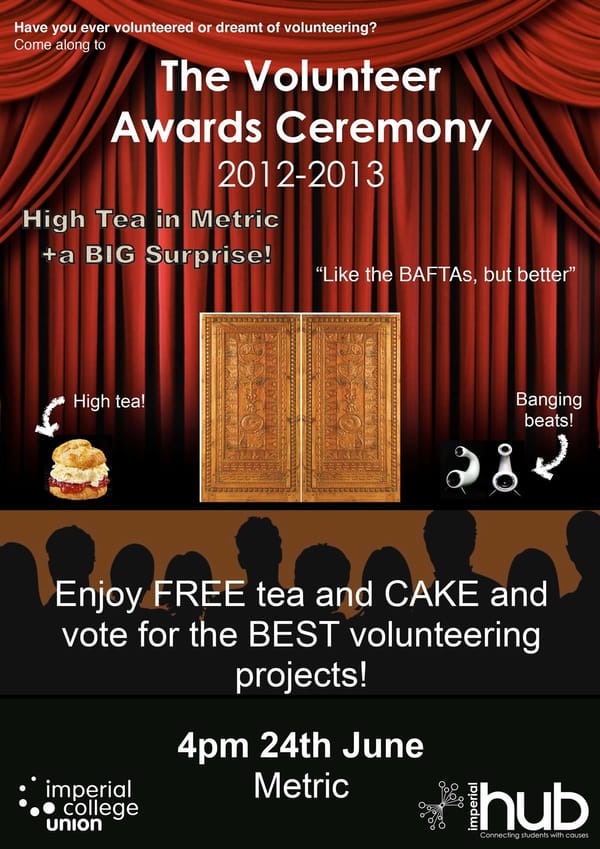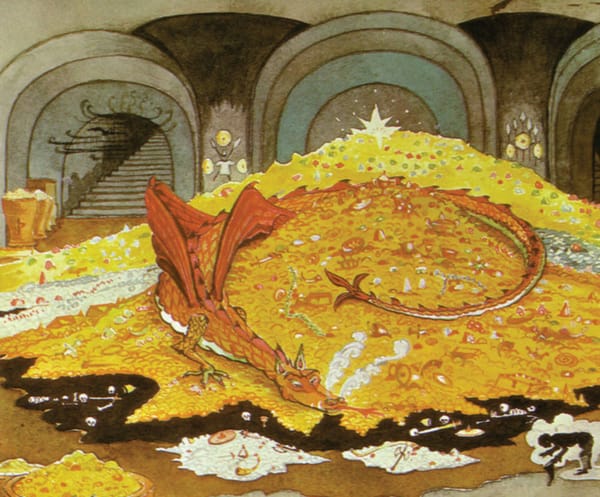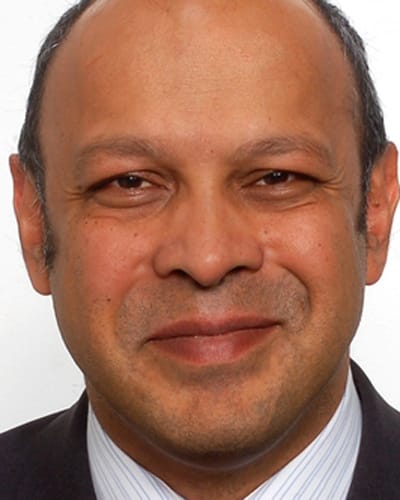Letting old cats out of their bags: Rupert Neate
Tim Arbabzadah interviews three Ex-Editors on their experiences editing the newspaper (Part 3 of 3)
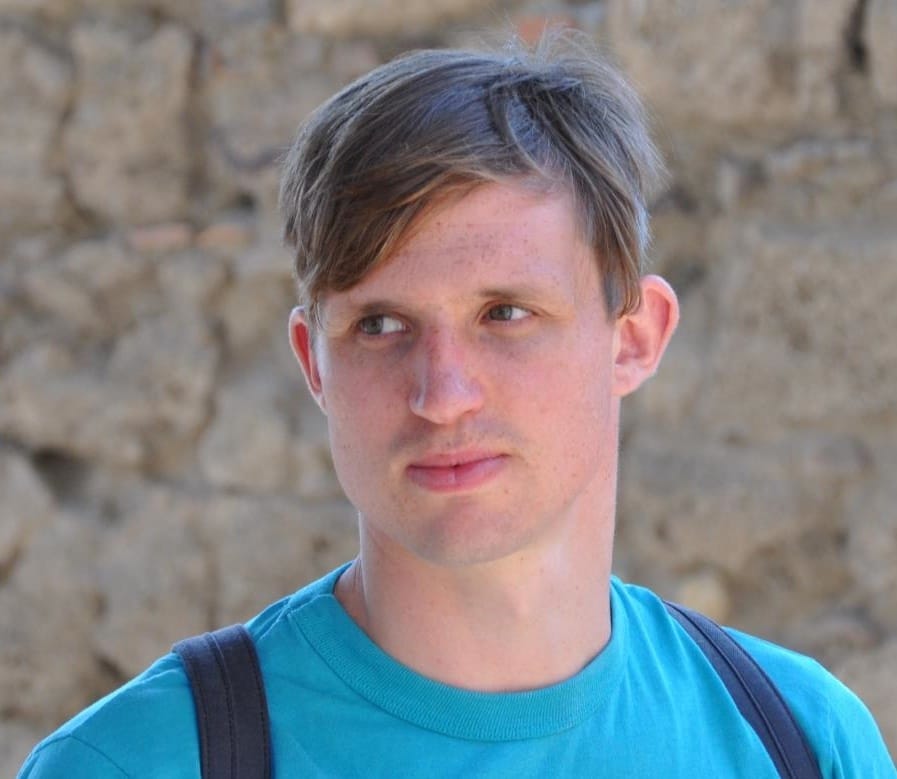
Rupert Neate was Editor in 2005-06. I met him on a Friday at the Guardian headquarters. He currently writes for the economics section of the Guardian. He also tweets as @RupertNeate.
TA: How did you get involved in Felix and why?
RN: Started writing some news stories in my third year. That was really fun. I liked it so I wanted to stand for election, which I did and became the Editor for next year.
Campaigning was great. Our campaign was very gimmicky. I dressed up as Rupert the Bear and had loads of Rupert the Bear stickers. Had slogans like “Vote Neate It’ll be Sweet” that my friend Iain Heaton came up with, and wrote that in chalk everywhere around College. College security told us off for doing that but we continued doing it anyway. Then I got banned from the election for defacing College property. (pauses)
TA: Wait? What happened then?
RN: I then appealed.
TA: And won, presumably?
RN: Yeah. After we were told off I only wrote on the pavements and not in College. They were quite serious, because they didn’t really want me to win. Then they didn’t really like me when I was in office. It’s good not to be liked. You know how they give Honourary Life Membership? They voted not to give me one. (laughs). Which was after I won the awards [Guardian Student Media Award].
TA: Did you think as Editor it’s better to be liked or not liked?
RN: Not liked. Generally. Especially not liked by College. If you’re liked by College you’re doing something wrong.
TA: What are the memorable stories you did?
RN: We were very campaigning. College were trying to introduce a dress code. They were going to ban the hijab, the muslim headscarf. So we ran a campaign against that and got a lot of coverage on it. Like on ITV News and that sort of thing. So they had to back track on that. I was quite pleased with that.
Did a lot of things about Ethos. That was all going to be really unfair. It wasn’t going to be free and the previous ones were free. We did a thing about College in Charing Cross Hospital – you know how they have the yellow bags of clinical waste? The were just leaving it in corridors – so did a thing about that. Did a thing exposing how many robberies there are from halls.
A thing about security on College. Because on the back of that dress code thing they were saying they need security. So I asked them why they needed that. You know they’ve got a little nuclear reactor. We did a piece on that. That was fun. It was very fun. I liked causing trouble.
TA: What were the high points of your year?
RN: The highs were when we have the amazing stories and campaigning stories. We did a story about the Astoria banning some club or society. It was basically banning them because they were all black and they’ve got a ban on black music. So we got them to u-turn on that as well. That was fun. We re-introduced Page 3 [now the centrefold]. Someone had done it like 3 years before us. I liked doing that. Appeared in it twice. Have you done it?
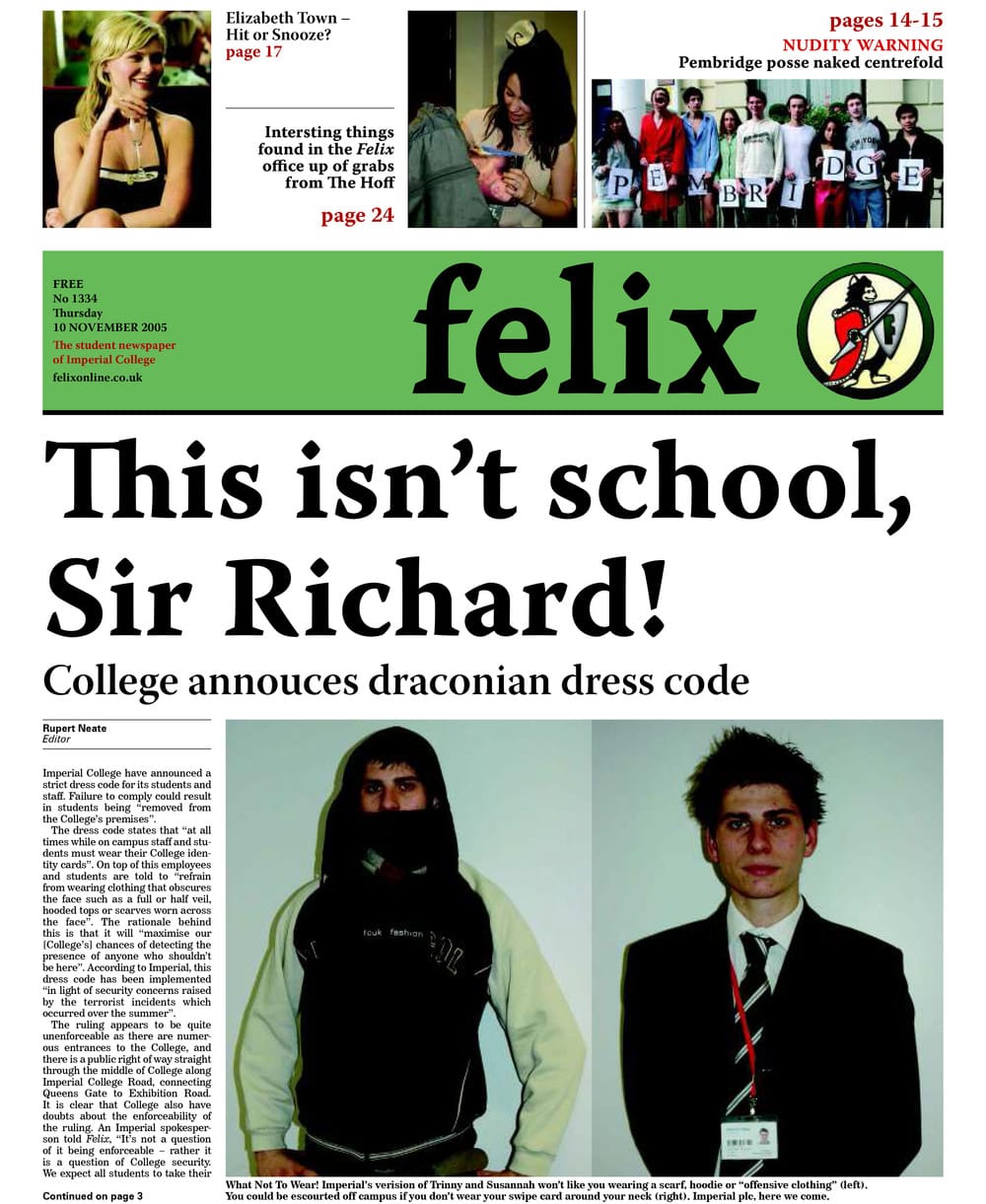
TA: I’ve done it twice, yeah. So what were the lows?
RN: The lows were when we had no one to write for us. And I didn’t ever sleep on Wednesday. Every week because no-one had written anything, no one would file on deadline. So you end up staying up all night, writing the front page. That’s always the bit you leave till last when you’re knackered, so that is stupid. Then all layout. That was low.
TA: That’s interesting. Because I always leave the front page till last. And my own editorial.
RN: Yeah I know - I did the editorial even behind that. Get everyone else’s shit out of the way. That’s a good editor though.
TA: Yeah. I think so… I like to think it’s selfless, but I like to tell everyone as much as possible..
RN: Good that you’re still having an editorial. There wasn’t an editorial when I started one. I think there definitely should be one.
TA: You’re working at the Guardian now. What are the big differences between being at Felix and a real newspaper?
RN: Lots of differences. Well. You’re not in charge. I liked being in charge. I liked being able to tell people what to do. Although you can’t do that much because otherwise they won’t write for you. I had a few of those instances. I liked being able to just have ideas and then just do them. I liked the stress because it was fun. It was the most fun I ever had. Working in a proper newspaper is different, because you can’t be all over the most important story all the time. You can occasionally, and that’s great, but you can’t do everything. You have to do your bit. Obviously it’s a lot more professional. And then it’s good to be around so many other people who are amazing.
TA: Did you ever have any slow news weeks?
RN: Yeah we did have some that weren’t that great. I was looking through last night. There was only one or two that I’m not proud of. I tried to keep some stories back. If we had a big week I’d keep a story back in case the next week we didn’t have one.
TA: Shit… That’s a really good idea.
RN: Yeah, some weeks you’ve got loads of good stories and that could splash the paper so you save that one. You’ve got to make your news I think. That would be my advice. All of our big stories we made ourselves. Find some shit out. I always wanted to find the monkeys. There were always rumours that College were using them for clinical research. We never did that. You should definitely do that!
TA: Did you have many complaints about the paper?
RN: We had complaints about Page 3. Like a lot. We did a poll and then basically everyone wanted Page 3. So we said we apologise if we offended anyone. We had a warning thing on the page before saying nudity was on the next page.
You talked to Pallab Ghosh. What did he say, did he like doing it? Did he still remember?
TA: He told me he tried to annoy people. And a figure in College he didn’t like he did a running cartoon. He seemed that he would always try to find something scandalous.
RN: That’s good. I like that attitude. We did that with the sport guy. After we did lots of negative stories about Ethos I went in there to refill the bin. There were no papers in it and the bin wasn’t there. Basically, he had taken the bin for Felix and put it in the cupboard as he didn’t want it. So we did a whole story about press censorship and freedom and all this. And we got all of these people the bureau on censorship to give us quotes about this. About how he shouldn’t have taken away the issue because he didn’t like it. So that was brilliant. We did a whole story about them trying to censor Felix, which they hated. And then did a cartoon of him as a dragon eating Felix. Apparently he got some money from College for damages or something. I don’t know if it’s true, but that’s what I heard. He never complained at the time.
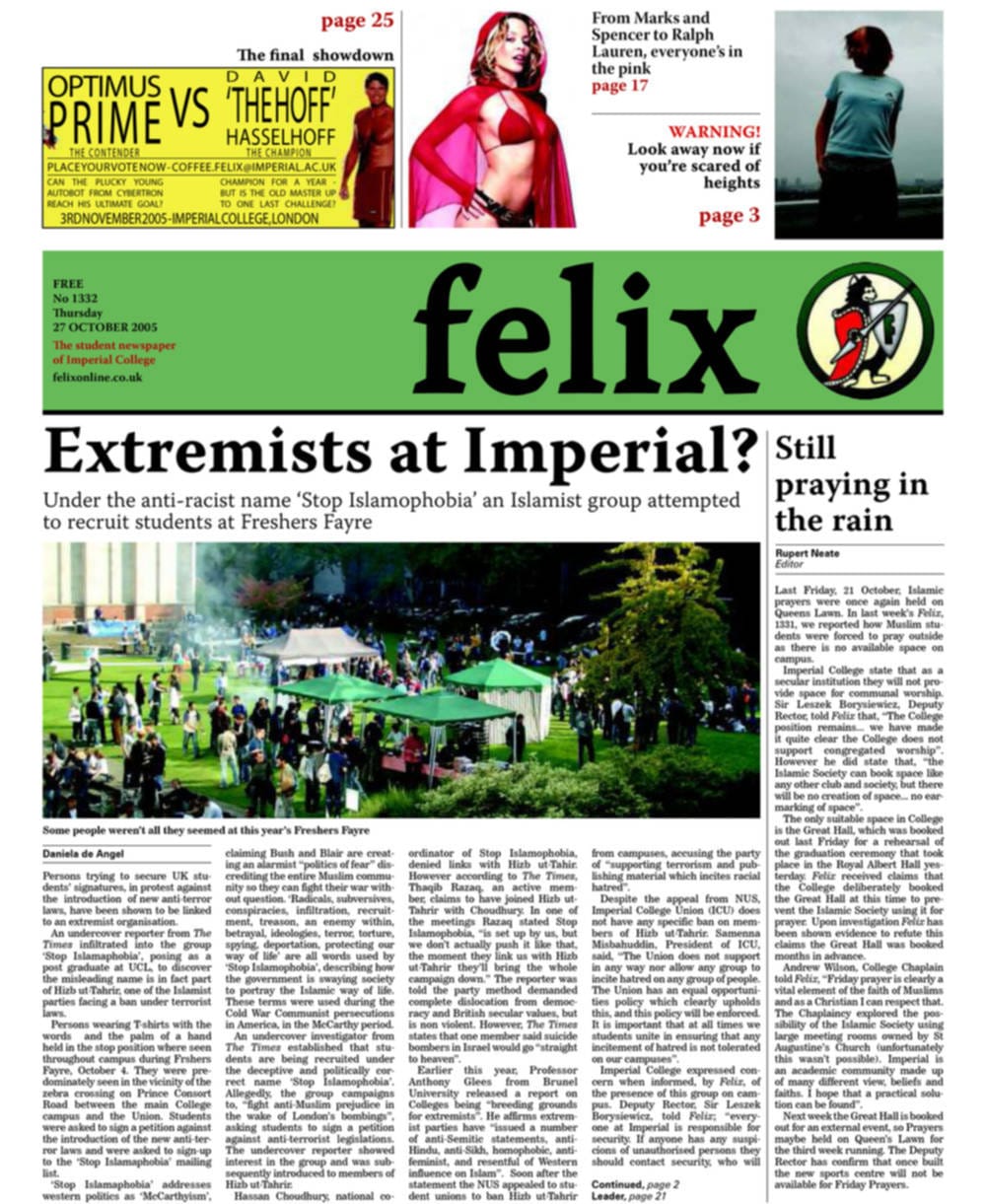
TA: Of all the aspects of Felix, which did you enjoy the most?
RN: Writing the stories.
TA: The least?
RN: Laying it out and spell checking it. I didn’t really bother for lots of pages. You can’t fucking read all those pages. I used to send a copy to my dad each week. He rang me up one time and was like “you’ve got lots of ‘cunts’ in the sports pages”. Someone had written a review with basically ‘cunt’ all the way throughout. I was like “do we? I didn’t realise that”. I did not read it.
TA: I read everything before it gets sent off! I still do get that from my parents though. Each week my mum texts me to point out a spelling error…
RN: Felix was brilliant. The only thing in my career afterwards that has bettered it since was the Liam Fox story that made him resign that I did. That was when it was like being at Felix again. I was working ridiculously hard. Every day until like midnight every night, so I could be above all the competition. They were all my sources, so I had control and could do whatever I wanted and getting loads of stuff out and it was very trouble making and very much like Felix but on a massive scale.
TA: So I guess I’ve got the general aim of your year was tear shit up!
RN: It should be. Imperial is a different university to others. It’s not fun. People are very willing to just do whatever College says. The Union weren’t willing to stand up to College as they were too busy getting friendly with College. And I think it’s important that you have people there who can hold College to account, because no one else is. Especially the Union.
TA: How about the internet?
RN: Internet was changing back then. One of our editions was when we finally were allowed Facebook. It was originally American universities. Then American universities, Oxbridge and LSE. We did a big double page spread on it. Loads of people at LSE had Facebook and it was a known thing, we were jealous. There was a massive thing about Facebook. Like how to take your profile picture. All this stuff. That’s how long ago that was. Not that long ago…


